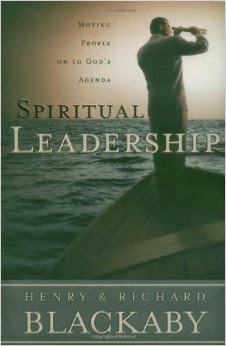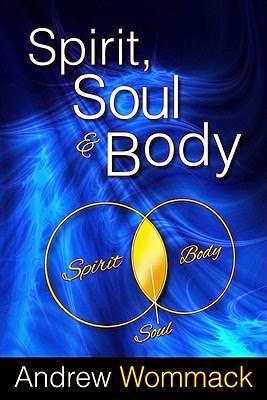Thursday, May 28, 2009
Apostle Paul's First Missionary Journey (Acts 13-14)
Wednesday, May 27, 2009
The God of the Word
Wednesday, May 20, 2009
Jesus hung on a tree, or cross?
Hi Pastor,
Rico
-------------------------------------------------------
Deuteronomy 21:22-23
22 If a man guilty of a capital offense is put to death and his body is hung on a tree, 23 you must not leave his body on the tree overnight. Be sure to bury him that same day, because anyone who is hung on a tree is under God’s curse. You must not desecrate the land the Lord your God is giving you as an inheritance.
There are two approaches to answer this. A simplistic logical way would be to say the cross is made of wood, which is from trees. Jesus was crucified and hung on the cross. Therefore in that sense, he is hung on a tree. That I think may not bring out the wealth of spiritual implication from the Old Testament.
In the Old Testament laws, when a man is hung on a tree, it represents a special mark of the curse of God, or what the Apostle Paul in Galatians puts it as, the “curse of the law.” We are all cursed in our sins and the just punishment is death and to be hung on a tree. But Jesus came to redeem us from the curse of the law by becoming a curse for us, and in that sense to be hung on the cross, or tree, on our behalf. He took our sins on His body, and hence the curse, literally implicating Himself with Deuteronomy 21:22-23.
The Jews understood this phrase “hung on a tree” well and appreciate the spiritual implication of the cross.
Monday, May 18, 2009
Acts 5: The young men - what happened to them?
Friday, May 15, 2009
Feedback
Monday, May 11, 2009
Journalling Blogs of DUMC members
Saturday, May 9, 2009
Priesthood of all Believers
Friday, May 1, 2009
Nehemiah 2 - some personal thoughts on ancestral lineage
























